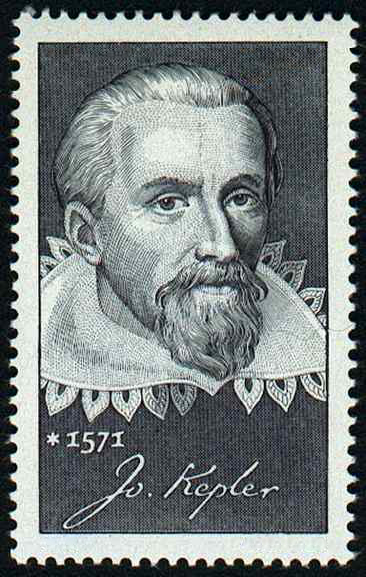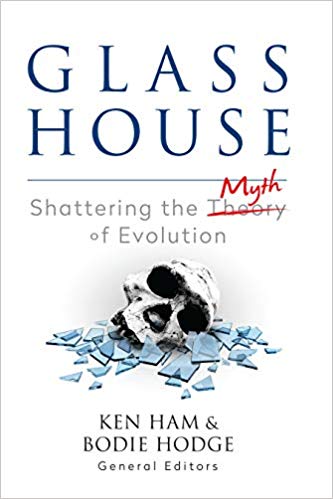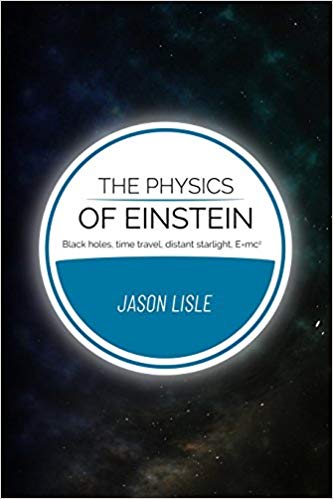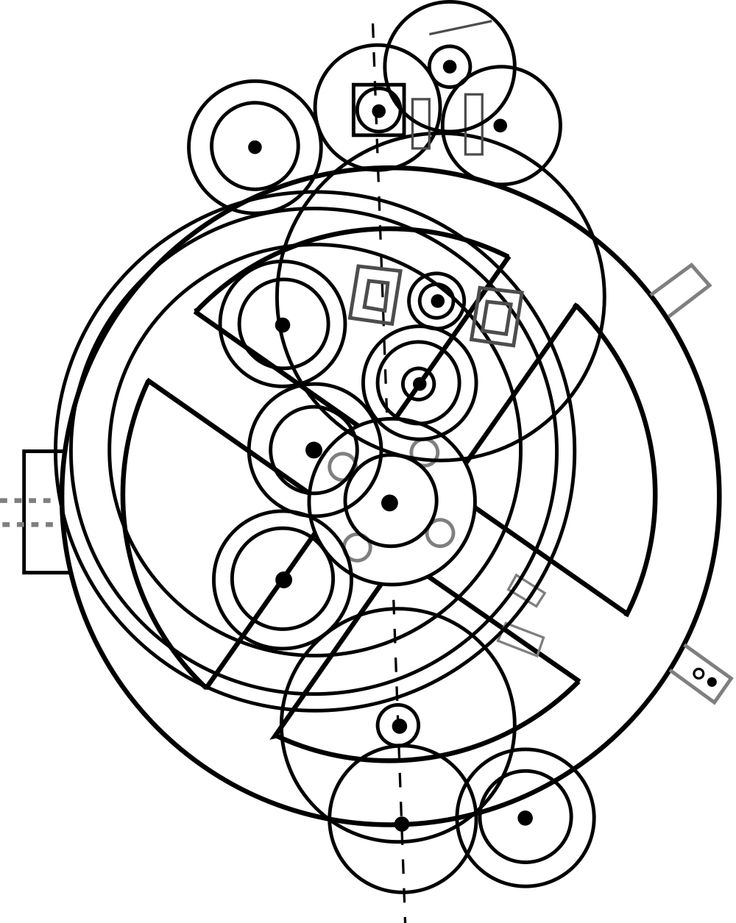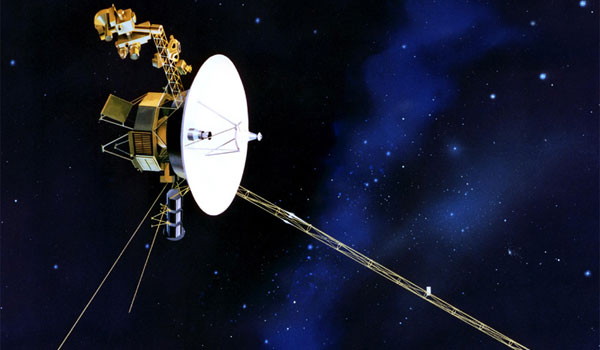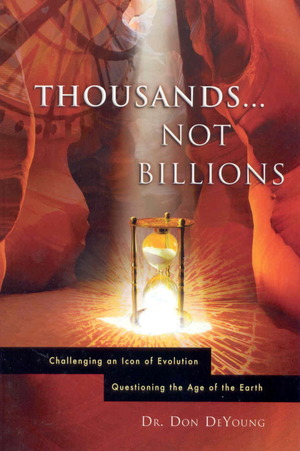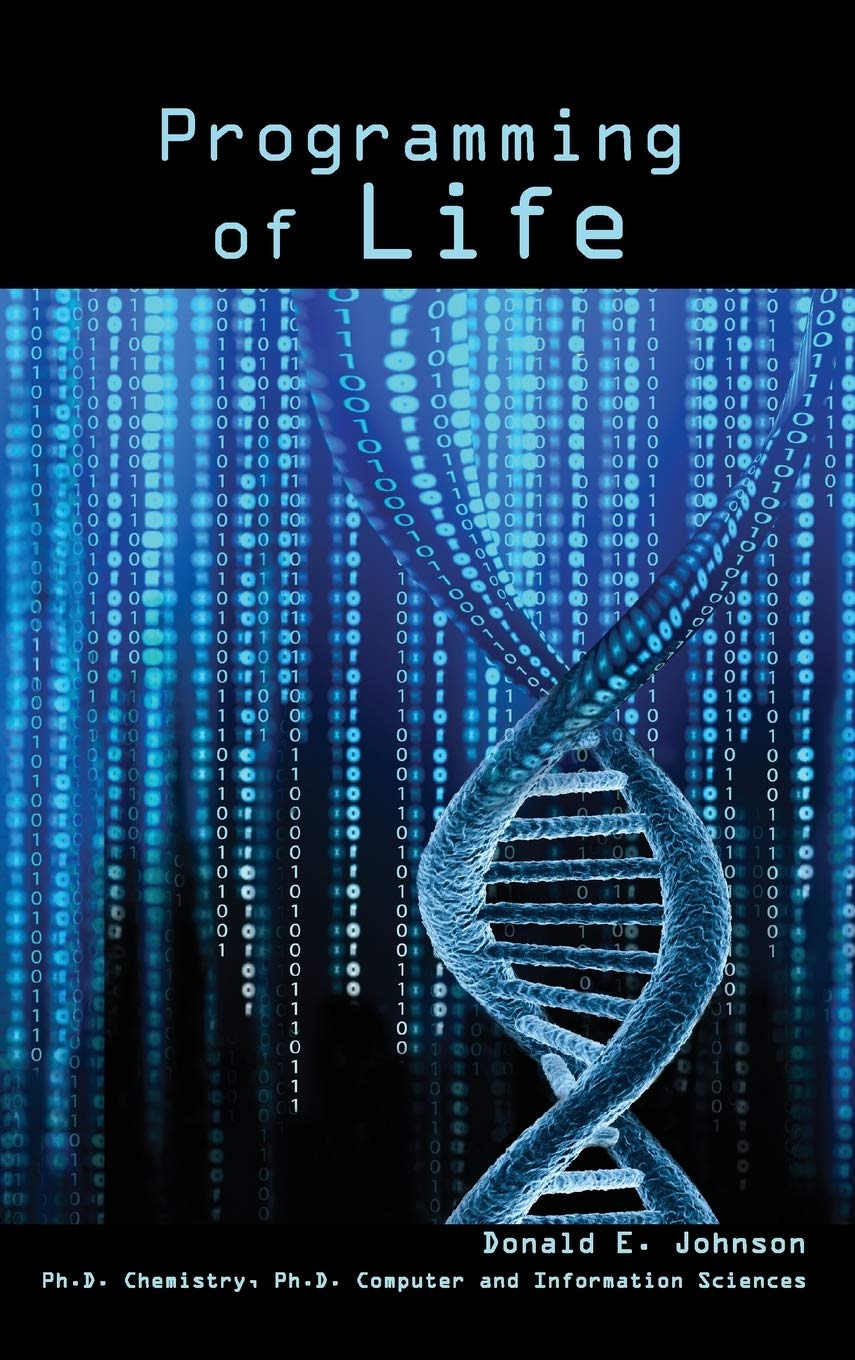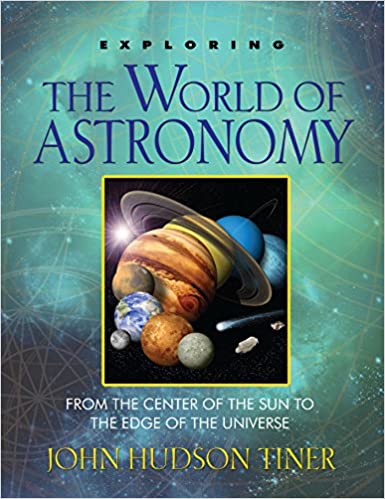Articles » Astronomy
Are your kids, grandkids, or friends looking for a new book to read? Well, this book will do. It is great for all ages and is written from a creationist point of view.
Many will enjoy this book, for many reasons. One great thing about this book is that it has many photos, illustrations and little fun facts along the way. This helps the book be more interesting, for your younger readers. Plus, with the chapter breaks, and topic sections, you can easily read as small or as large sections as you want. As well as being written in an easy to understand way, it is also very engaging for your older kids. With many facts most people don’t know, all kids will enjoy the read.
Read the rest of this entry » Order OnlineWhen we reflect on wonderful works of creation, our thoughts often turn to beautiful creatures like hummingbirds and butterflies. Most people do not think firstly about such issues as the electromagnetic spectrum of energy including x-rays, visible light and radiowaves. One great scientist who saw the beauty of creation in such phenomena was James Clerk Maxwell (1831-1879). He was a physicist, the first professor of experimental physics at the Cavendish Laboratory at Cambridge University. Over the main entrance to the building, this physicist directed that Psalm 111:2 be carved in Latin: Magna opera Domini, exquisita in omnes voluntates ejus.” The English translation is “Great are the works of the Lord, studied by all who delight in them.” (ESV) When he studied these physical phenomena, Maxwell saw that they had been wonderfully designed and created by God. According to the Cambridge Dictionary of Scientists (2002) Maxwell’s summary of electromagnetism in the form of field equations is “an achievement equalled only by that of Newton and Einstein in mechanicsl” (p. 246)
Read the rest of this entry »Book Review by Alisha Bain
Did you know that Johannes Kepler’s incredible achievements in science were influenced by his Christian faith? I learned this fact from a new book called Johannes Kepler: Exploring the Mysteries of God’s Universe by Michael Stamp and Christy Hardy. This book is in the Heroes of Creation Series and it is produced by ICR (Institute for Creation Research). This title has lots of information about space discoveries made from 1560-1630, and shares about faith and God’s creation.
This book is interesting for many different ages. I would suggest this book is especially good for anyone 9-12 years old. It has some more challenging words, but it also breaks things down and explains words or what something means with definitions throughout the book. Younger kids can read and enjoy this book too, but might need help from a parent or older sibling to understand the big or more difficult words and concepts. As well, older children can enjoy this book because it has lots of facts and cool topics such as optics findings that Kepler made that are important for us today, what Kepler discovered about ice crystals, Kepler’s 3 laws of planetary motion and more!
Read the rest of this entry »For almost everyone, the year 2020 has certainly presented obstacles to our normal tasks and social gatherings. So it was that CSAA, like many Christian organizations, found that an on-line fall program offered the best hope of sharing our message. Blessed with someone on our team with expert computer skills, the appropriate programs were selected to make the event possible and professional. When David Coppedge of southern California agreed to be our speaker, we were so pleased! All the pieces of the organizational puzzle had fallen into place. One benefit of an on-line event, we discovered, was that people from as far away as Ontario and B.C., were able to enjoy the program. Read the rest of this entry »
Creation Science Association of Albert is delighted to present David Coppedge as the featured speaker for our Creation Weekend 2020. Due to the COVID 19 restrictions, Creation Weekend will be a one evening online event this year. David Coppedge was exceptionally well received with his presentations in Edmonton in 2012. Now in 2020, his return promises another tour de force with a presentation entitled Creation is Awe Inspiring! This event will take place on Friday evening, October 23, 2020 at 7:30 pm. To participate in this session, register at www.create.ab.ca/register. Once you register you will receive a confirmation email, and closer to the event you will receive an email with further details. Read the rest of this entry »
I am 12 years old and I am interested in astronomy. Exploring the World of Astronomy by John Hudson Tiner is a well written book about astronomy from a Christian perspective. I learned through reading this book that it is well formatted, the information is easy to apply to the real world, and that many people will enjoy this book. Read the rest of this entry »
Order OnlineOne of the pleasures of staffing a book table are the conversations that happen with people looking at the resources. On many occasions, individuals have requested an introduction to creation. Before responding, I have often inquired what the person’s interests are. If the person is interested in physics and mathematics, or in apologetics, there might be little point in showing them a work on fossils, for example. In the 1970s and 1980s, there were general introductory books like Scientific Creationism and What is Creation Science? But that was then, and this is now. There are many areas of science that were not even contemplated then, but which we have to deal with today. The good news now is that some general introductory works have appeared which can be very helpful to many people seeking insights into the issues. Read the rest of this entry »
Some people actually like numbers and mathematics, and some people don’t. Everybody knows that! Some people however sound positively lyrical on the subject of numbers. Dr. David Berlinsky, for example, in his book infinite ascent: a short history of mathematics (2005) describes the inexhaustible variety of natural numbers and their personalities. (Modern Library Paperback edition p. 5). He lists various demanding disciplines that mathematicians have developed. Beyond the practical and theoretical challenges that mathematics provides however are the insights into nature. As Dr. Kurt Wise pointed out in Faith, Form and Time (2002) “The universe seems to operate with mathematical precision, and natural laws have a mathematical form.” (p. 91) Astronomer Dr. Timothy Ferris elaborates on mathematics in his 1997 book The Whole Shebang: “[M]athematics [is] a codified form of logic that embodies the faith of science that nature works in a rational way.” He adds “Like all scientific theories, relativity is expressed in terms of mathematical equations-” Read the rest of this entry »
We have seen it so many times. Eager children dance around their mother as they proceed to pick out books from the public library. The books all look so appealing! Little Johnny is a space fanatic since he has just acquired a new telescope. Ah, here we go, nice books on space! But mother shakes her head. Maybe we can find a book somewhere else that provides better information on space, information that conforms to the biblical record. Well, look no further! Institute for Creation Research has produced a very nice introduction to space for children of kindergarten age to grade 5. Read the rest of this entry »
Dr. John Byl’s keynote lecture at Creation Weekend on the evening of Saturday, October 21, 2017 was entitled “Has Science Killed God? Christianity vs. Naturalism.” Many people in our modern society, Dr. Byl declared, believe that science can explain everything, so that God is not needed. These people accept that physical laws leave no room for God. Well then, said Dr. Byl, let us evaluate this position. He began by informing us that we must distinguish between the actual facts – the observed data – and scientific theories that are constructed to explain facts. Read the rest of this entry »
Most people are at least somewhat interested in artifacts left behind by ancient civilizations. That is why tourists flock to the Mayan ruins in Mexico, or to Greece or Rome, or to Stonehenge in the south of England. Dr. Donald Chittick, a physical chemist, turned his attention to some traces of ancient civilizations and what these artifacts tell us about the people who produced them. His book The Puzzle of Ancient Man (third edition 2006) includes many interesting cases including a mechanism from ancient Greece that was in fact an analog computer. This is defined as “a device for calculating quantitative data by means of moving parts –“ (Jones 2017 p. 25). In keeping with Biblical revelation, it perfectly makes sense that the ancient peoples were very clever and inventive. But just how sophisticated was this early computer? Research conducted for more than a century, since this device was discovered in an ancient shipwreck in 1900, demonstrates that the Antikythera Mechanism was astonishingly sophisticated. (See www.create.ab.ca/ancient-computer-astounds-everybody/#more-460 ) Read the rest of this entry »
Ever since the efforts of mankind at the tower of Babel, when the people sought to construct their own society based on their own agenda, the search for the perfect man-devised society has continued through the centuries. Indeed, since the advent of Enlightenment thinking in Europe in the eighteenth century, secular mankind has placed a particularly high value on his ability, based on reason alone, to find solutions to social problems. Recently we saw an example of this attitude in the pronouncements of Neil deGrasse Tyson, director of the Hayden Planetarium in New York City. This man is the philosophical successor of Carl Sagan who declared: “The universe is all there is, or was, or ever will be” (in his famous Cosmos series on the history of the universe). More recently Dr. Tyson has hosted a remake of Sagan’s Cosmos series for public television. Read the rest of this entry »
German astronomer and mathematician Johann Kepler (1571 –1630) was a central figure in the 17th century scientific revolution. He was not only the founder of the physical astronomy discipline, “the first astrophysist,” and an outstanding scientist, he was also a committed Christian (Morris, 1998, p. 33; Gingerich, 1993, p. 305). Kepler is best known for discovering the three laws of planetary motion that provided a foundation for Isaac Newton’s theory of universal gravitation (Dao, 2008, p. 8). The problem that motivated the discovery of his three laws was observational astronomy did not support the circular orbit belief, and Kepler was able to determine why. Read the rest of this entry »
Launched in 1977, the two Voyager probes have seen some strange and unexpected sights as they cruised through our solar system. After passing the planets, the probes have continued outward towards the farthest reaches of the solar system. In the summer of 2012, Voyager I was now 18.2 billion km away from us, more than three times the distance between the sun and Pluto. The solar system however by definition consists not only of the planets, but of the volume in space to which the sun’s particles extend, or in other words the volume in space which is impacted by the sun. The question everybody was asking, was how long would it take Voyager I to leave the solar system and enter interstellar space? And what would Voyager find when it got to interstellar space? Read the rest of this entry »
Astronomer Halton Arp (1924-2013) represents an excellent example of how mainstream scientists protect their favoured explanations against anyone, no matter how qualified or prestigious, who dares to question the majority position. We see how actual observations made by Arp and colleagues, were/are not allowed to call the Big Bang origins theory into question. Read the rest of this entry »




